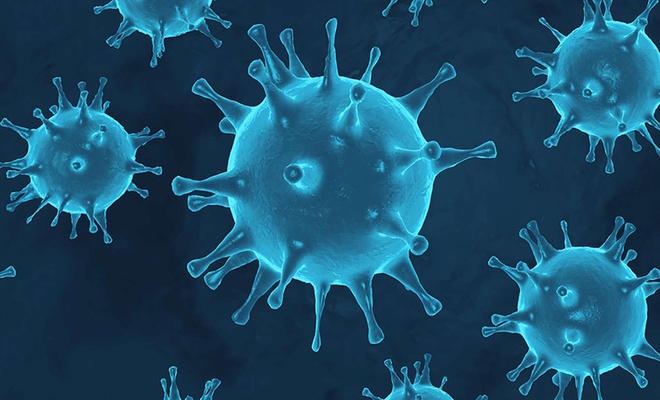WHO: It is not yet clear whether Omicron is more transmissible compared to other variants
The World Health Organization has issued a summary of what is currently known about Omicron variant, which was designated a variant of concern on the advice of WHO’s Technical Advisory Group on Virus Evolution.

 Google News'te Doğruhaber'e abone olun.
Google News'te Doğruhaber'e abone olun. The organization said that “researchers in South Africa and around the world are conducting studies to better understand many aspects of Omicron and will continue to share the findings of these studies as they become available.”
The organization noted that was not yet clear whether Omicron is more transmissible (e.g., more easily spread from person to person) compared to other variants, including Delta. “The number of people testing positive has risen in areas of South Africa affected by this variant, but epidemiologic studies are underway to understand if it is because of Omicron or other factors.”
“It is not yet clear whether infection with Omicron causes more severe disease compared to infections with other variants, including Delta. Preliminary data suggests that there are increasing rates of hospitalization in South Africa, but this may be due to increasing overall numbers of people becoming infected, rather than a result of specific infection with Omicron,” the organization said, adding: “There is currently no information to suggest that symptoms associated with Omicron are different from those from other variants. Initial reported infections were among university students—younger individuals who tend to have more mild disease—but understanding the level of severity of the Omicron variant will take days to several weeks.
The Organization underlined that all variants of COVID-19, including the Delta variant that is dominant worldwide, can cause severe disease or death, in particular for the most vulnerable people, and thus prevention is always key.
“Preliminary evidence suggests there may be an increased risk of reinfection with Omicron (ie, people who have previously had COVID-19 could become reinfected more easily with Omicron), as compared to other variants of concern, but the information is limited. More information on this will become available in the coming days and weeks,” the organization warned.
The organization is working with technical partners to understand the potential impact of this variant on our existing countermeasures, including vaccines. “Vaccines remain critical to reducing severe disease and death, including against the dominant circulating variant, Delta. Current vaccines remain effective against severe disease and death.”
The organization assured that the widely used PCR tests continue to detect infection, including infection with Omicron.
“Studies are ongoing to determine whether there is any impact on other types of tests, including rapid antigen detection tests,” it added. (ILKHA)



















































